Meet Ben Dubin: Fighting for Change
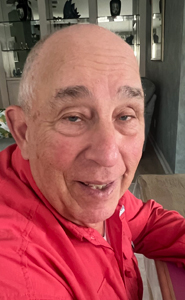
For those who know Ben Dubin, they know about his extraordinary ability to make things happen. After his daughter Rachel was born deaf, he became a fierce advocate for the hard of hearing, working to secure passage of several groundbreaking bills. When his wife, Esther, was diagnosed with early onset Alzheimer’s, he took care of her until she passed away, then began pushing for support for middle-class families with a member struggling with dementia.
Whether testifying before legislators, sitting on numerous boards and disability task forces at The Associated or representing the Federation on the Jewish Federation of North America’s (JFNA) Disability Committee, this Baltimore native has been at the forefront of real change in our community.
We talked to this retired CPA and Baltimore Hebrew congregant about what he’s been able to accomplish and where do we go from here.
Tell me about Rachel
My daughter Rachel was born deaf. Yet she never let that stop her from accomplishing so much. Despite her hearing loss, she speaks four languages – Russian, French, Hebrew and of course, English. She was a Phi Beta Kappa graduate of Goucher College. Prior to taking a position with the Office of Diversity, Equity and Inclusion, U.S. House of Representative, she worked for the Institute of Defense Analysis for 20 years.
When Rachel was 11, she testified before the United States Congress in support of funding for deaf research. It was because of her that I became involved with advocating for the deaf and hard of hearing.
What are some of your greatest accomplishments?
Before becoming Chair of two state advisory committees, the Governor’s Office of the Deaf and Hard of Hearing and Universal Newborn Screening for Deafness, I played an instrumental role in the passage of two groundbreaking bills. The first – the Universal Newborn Screening for Deafness – ensured that every newborn was screened for deafness before being discharged from the hospital. The second required insurance companies to pay for hearing aids for individuals up to the age of 18. It was the first bill of its kind in the U.S.
You’ve done a lot of volunteer work through The Associated.
I first came to The Associated more than 45 years ago when a friend got me involved with Young Men’s Leadership. My first board was with CHAI, and I became President of the agency in 1980. Over the years, much of my volunteer work has centered around the disability agenda. I chaired the special education committee at the Center for Jewish Education and was involved with Gesher La Torah, a community-based Jewish supplemental program for youngsters with disabilities which teaches about Jewish holidays, prayers, life-cycle events and more. I also served on the Disability and Inclusion subcommittee of the Caring Commission of The Associated and was treasurer of SHEMESH and Myerberg Center.
As a community, what do we still need to do?
I want to continue to make people more aware of the ways to support people with disabilities. Parents today often have a difficult time getting the services they need. We need to help kids feel confident and welcome. I also want to make sure that when we plan our programming, it is accessible. Now that so much is virtual, we need to always include close captioning, so that those who are hard of hearing, including many older adults, can participate.
Your wife had Alzheimer’s.
Yes, she had early onset Alzheimer’s and was at home for six years. It was very difficult, and I was socially isolated for much of that time. Yet, I was fortunate to able to provide home care. I realized over that time that so many people – especially middle-class families – will likely not be in a financial position to support a loved one with dementia. As our community ages, we are going to be confronting this more and more. I’m currently advocating for congressional funding for caregiver support.
How did you do it all – volunteer extensively, work full-time, raise a family?
During my 44 years of marriage, I had a very supportive spouse, coworkers and friends.
You grew up in Baltimore and are a fraternal twin. Are you and your brother alike?
Growing up, my parents always believed in making sure we had our own identity. We didn’t dress alike; we were always in different classrooms and had separate friends. For high school, my brother, Arnold, went to Poly; I attended City.
Although we had different personalities – he was more reserved than me – we both had similar interests in stamp collecting and photography. We even had a dark room in our house. When he moved out, I kept the stamp collection, he got the photography equipment.
Best advice you ever got?
Help others who were less fortunate and needed an advocate.
Subscribe to our newsletter
The Associated is a home for everyone in the Baltimore Jewish community. We offer several email lists to help people find a community, engage with their peers and support Jewish journeys around the world.
Join Our Mailing ListAdd Impact to Your Inbox
Sign up for our newsletter
Subscribe to our newsletter
The Associated is a home for everyone in the Baltimore Jewish community. We offer several email lists to help people find a community, engage with their peers and support Jewish journeys around the world.
Join Our Mailing List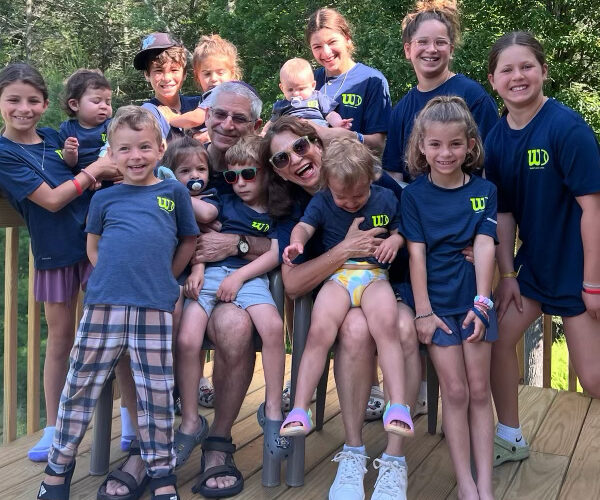
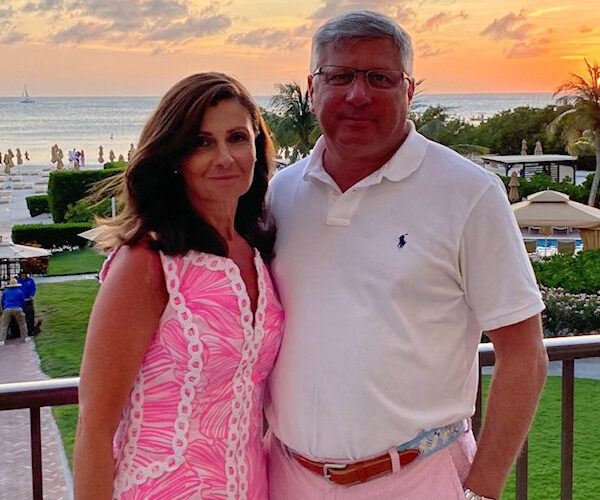
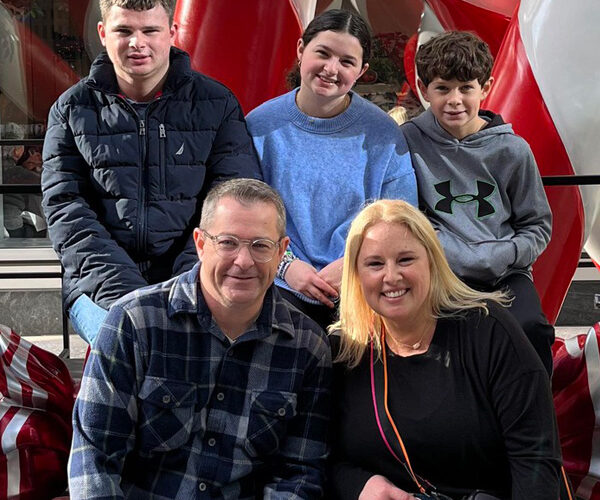
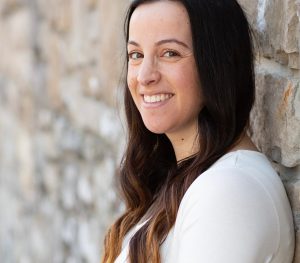
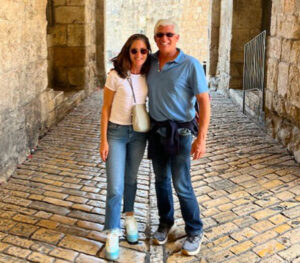
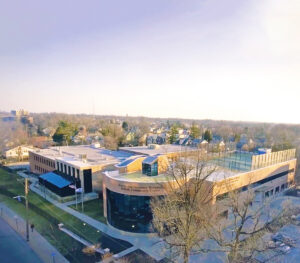

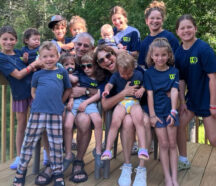
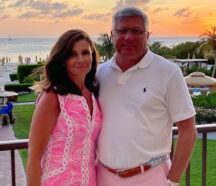
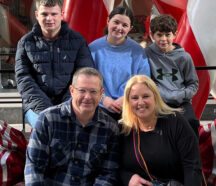
 Please Wait while we loading your video.
Please Wait while we loading your video.